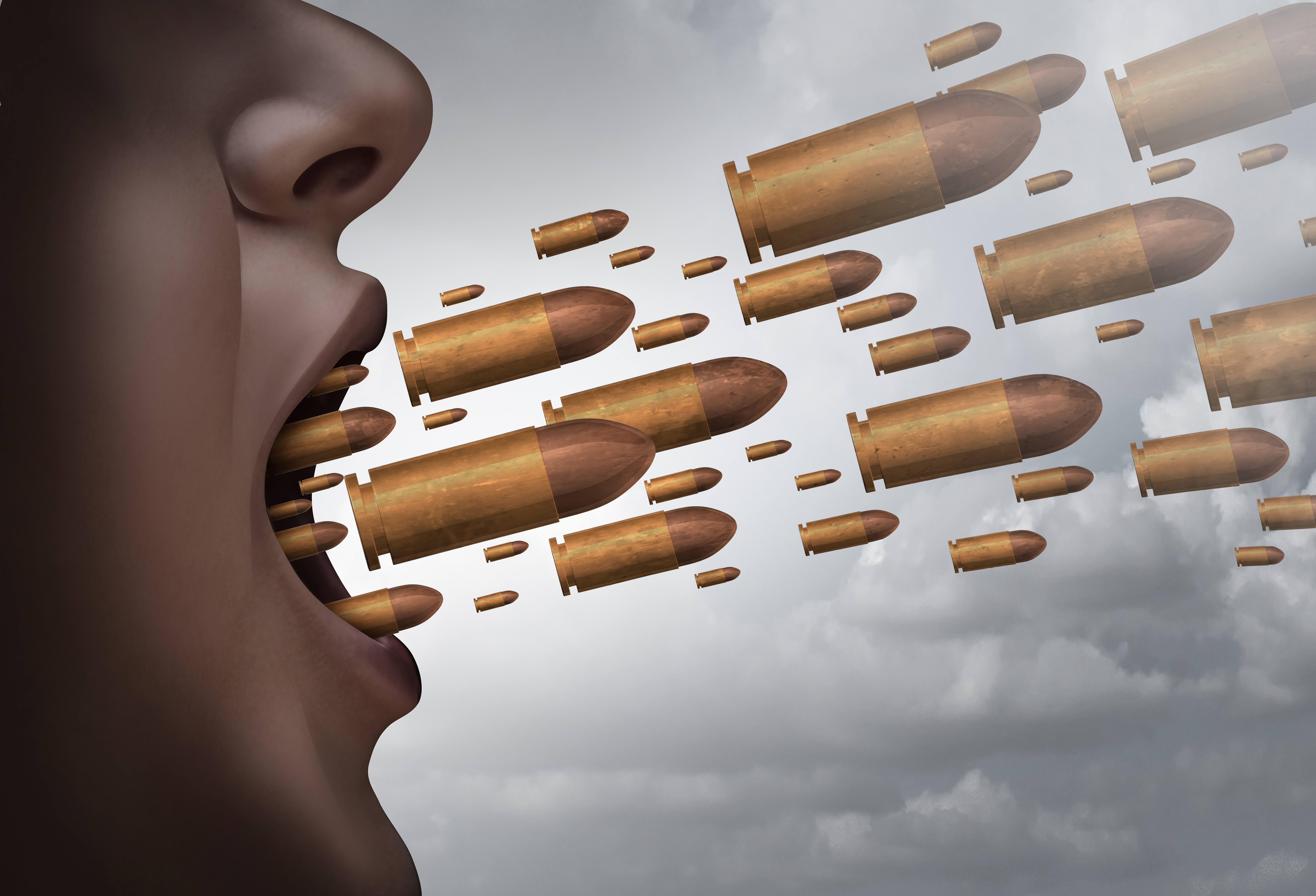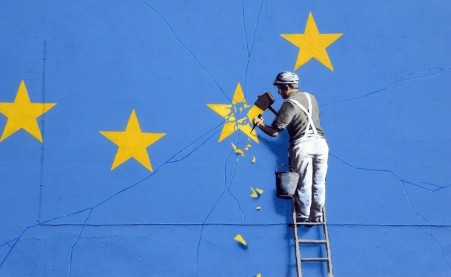Find out more about The Open University's Language courses and qualifications.
From ‘cancel culture’ to ‘wokeness’ to the ‘culture wars’, many of the terms that define our age are related to the idea of ‘offence’. Propelled by the influence of social media, the giving and taking of offence seems to have become an integral part of modern life. The news media regularly spark moral panics about the rise of a new McCarthyism, we’re told that universities are suffering from a crisis of academic freedom, politics has become an all-out struggle over competing claims of victimhood, and everywhere people seem to be ever more offended by an ever wider range of issues.
So what exactly is ‘offence culture’, and what role does it play in social life?
A simple definition of ‘offence’ is that it’s the emotional reaction you have to words or actions which attack certain values that you hold dear. It’s experienced as a form of psychological harm – your ‘feelings get hurt’ – and specifically harm done towards your system of beliefs. By attacking your belief system, the person giving offence is also attacking your sense of identity.
It’s this relationship with values and beliefs which turns offence culture into such a political issue.
Arguments over offence are often arguments over social norms. Over what sort of behaviour, or what sorts of attitude, we feel should be acceptable in society. Is my way of seeing the world more just and correct than yours? Are your beliefs a threat to my way of life?
In a world in which society and culture are always evolving, these norms become the focus for debates – or, more often, all-out arguments – about the sort of society we want to live in.
The dynamics which lie behind offence culture, then, are an unavoidable part of social life. In a pluralistic society, where people hold different views, have different interests, and live by different belief systems, this friction is inevitable. The question, though, is how we choose to conduct these debates about our different visions for a thriving society. Should we see it as inevitable that these debates are invariably going to produce rancour, anger and outrage? Is offence culture simply part of human nature and thus something we need to accept, particularly in a society based on liberal democratic ideals? Or can we find ways to negotiate the business of living together without succumbing to the sort of antagonism and intolerance that has become so much a part of modern life?







Rate and Review
Rate this video
Review this video
Log into OpenLearn to leave reviews and join in the conversation.
Video reviews